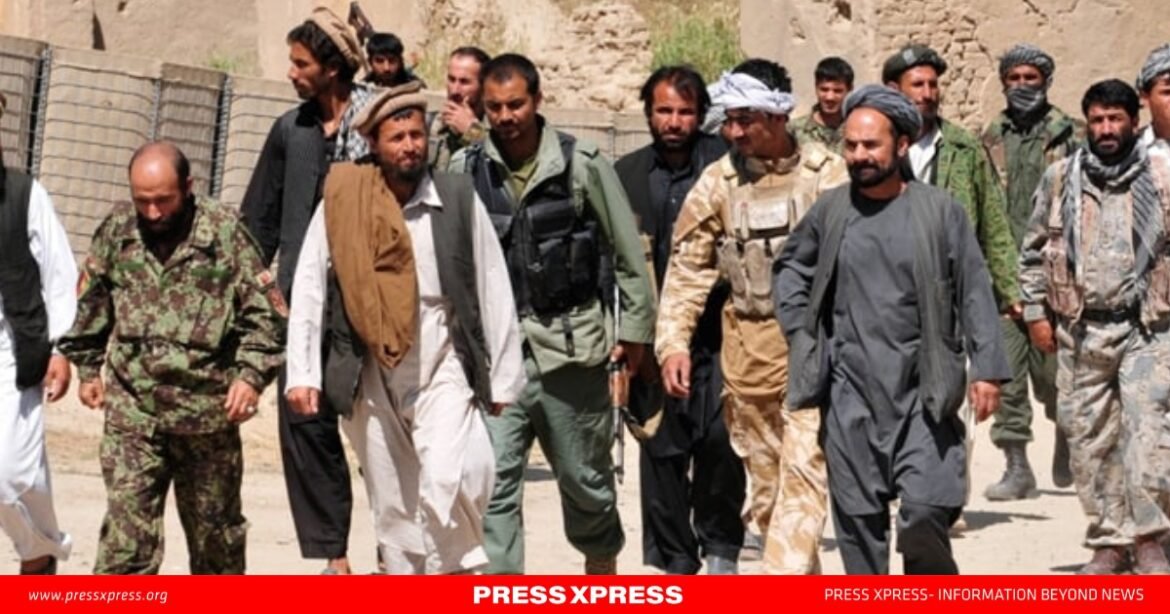The Taliban government in Afghanistan has confirmed the release of two detained American citizens in a prisoner swap with the United States. The deal involved the exchange of Khan Mohammad, an Afghan Mujahid imprisoned in the U.S. since 2008 on drug trafficking and terrorism charges, for the two Americans.
Details of the Swap
The Afghan Foreign Ministry, in a post on X (formerly Twitter), stated that the exchange followed “extensive and productive negotiations” between the Islamic Emirate of Afghanistan and the United States. The ministry did not disclose the names of the Americans or provide details about their identities, but it noted the swap marked a significant development in their diplomatic engagement.
Khan Mohammad, arrested in Afghanistan’s Nangarhar province two decades ago, had been serving a life sentence in a California prison. The U.S. Bureau of Prisons confirmed that Mohammad was no longer in custody as of Tuesday. The Afghan Foreign Ministry also confirmed his safe return to Afghanistan, where he has reunited with his family.
Ryan Corbett Released After 894 Days of Detention
The family of Ryan Corbett, one of the released Americans, expressed overwhelming gratitude for his return. In a statement, they described his detention as “the most challenging and uncertain 894 days of our lives.” Corbett, who lived in Afghanistan with his family during the 2021 collapse of the U.S.-backed government, was detained by the Taliban in August 2022 while on a business trip.
The family also thanked the U.S. administrations of both Joe Biden and Donald Trump, along with Qatari officials, for their efforts in securing his release. Qatar, which has often mediated between the U.S. and the Taliban, played a vital role in brokering the deal and ensuring communication during Corbett’s detention.
Second American Identified
Anonymous U.S. officials cited by CNN and The New York Times identified the second released American as William McKenty. However, further details about McKenty’s identity and activities in Afghanistan remain undisclosed.
Khan Mohammad’s Background
Khan Mohammad, 55, was convicted in 2008 under U.S. narco-terrorism laws. Federal prosecutors described him as a “violent jihadist and narcotics trafficker” who aimed to kill U.S. soldiers in Afghanistan using rockets. His case was the first prosecution under these laws, highlighting the intersection of drug trafficking and terrorism.
Mohammad was detained on the battlefield in Nangarhar province before being extradited to the U.S., where a jury found him guilty of facilitating heroin and opium shipments bound for the United States.
Implications of the Swap
The Taliban hailed the exchange as a step toward normalizing relations with the United States. “The Islamic Emirate looks positively at actions that contribute to solving problems through dialogue,” the Foreign Ministry stated. However, the path to full international recognition remains uncertain as most nations, including the U.S., have yet to officially recognize the Taliban’s rule.
The Taliban continue to face significant economic challenges following their 2021 takeover, which led to billions in international funds being frozen and the exodus of tens of thousands of skilled Afghans.
Broader Context
This exchange occurred shortly after Donald Trump’s inauguration, adding a political dimension to the deal. During Trump’s first term, his administration negotiated a landmark agreement with the Taliban that paved the way for the U.S. withdrawal from Afghanistan. The Taliban have expressed hope for improved relations under his renewed leadership, though significant obstacles remain.
The release of Corbett and McKenty highlights ongoing efforts to secure the freedom of U.S. citizens detained abroad. Before leaving office, the Biden administration had also been negotiating the release of other Americans detained by the Taliban, including George Glezmann and Mahmood Habibi. However, their status remains unresolved, with the Taliban denying involvement in Habibi’s disappearance.
The Taliban’s actions reflect a continued strategy of leveraging detained foreigners as bargaining chips to gain political and economic concessions, underscoring the complex dynamics of U.S.-Afghanistan relations in a post-withdrawal landscape.


